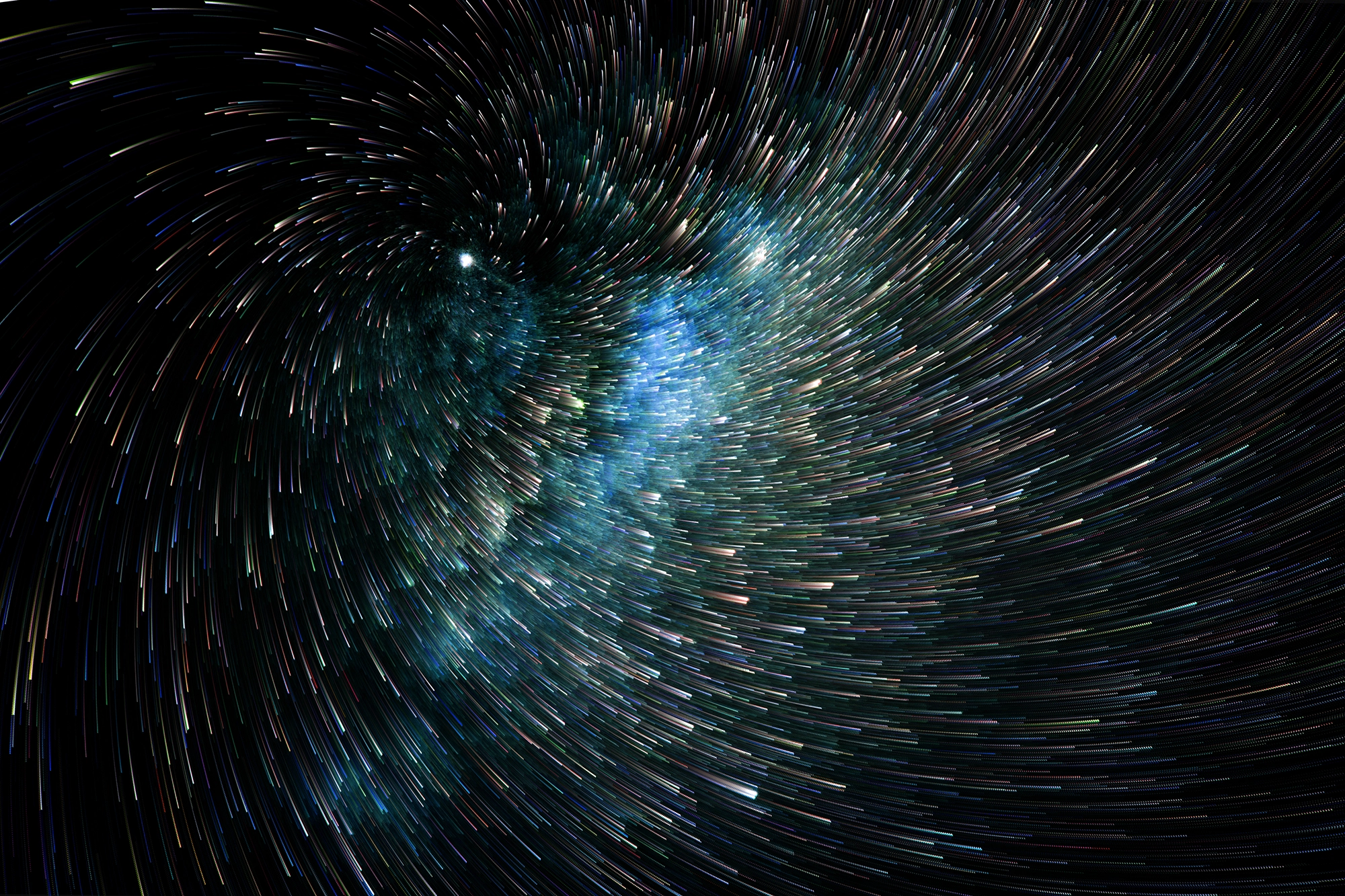AstroCeNT, or the Scientific and Technological Centre for Particle Astrophysics, has been awarded EUR 15 million for a project under the International Research Agendas run by the Foundation for Polish Science. The Łukasiewicz Centre also takes part in the consortium carrying out research concerning gravitational waves and dark matter.
AstroCeNT constitutes a unit established to carry out scientific and technological research in the field of particle astrophysics, focused on exploring the hidden Universe. An additional aim of its work is establishing a new international centre of excellence in this field in Poland. It will carry out high-quality interdisciplinary research and development activities, particularly in the search for dark matter and the study of gravitational waves.
The potential benefits of this work range from developing science to innovative technologies with high potential for industrial and medical applications. This is a major opportunity for developing the high-tech sector in the Polish economy. The discoveries can be used to understand black matter, neutrinos, and gravitational waves, among other things.
As part of the project, Łukasiewicz’s staff will support AstroCeNT in setting up the new centre, but also provide advice concerning technology transfer to the economy. The amount of received funding is up to EUR 15 million.
AstroCeNT constitutes a great opportunity for Polish science because we are strengthening Poland's position internationally. The new project will create a new ecosystem of interdisciplinary innovation with key partners from Europe and the world. We are delighted that the Łukasiewicz Centre, and thus the Łukasiewicz Research Network, is among the consortium members.
Rafał Łukasik, dyrektor Departamentu Badań i Innowacji w Centrum Łukasiewicz
This project constitutes a new quality at Łukasiewicz, as fundamental research carried out by a centre of excellence such as AstroCeNT + will be able to be commercialised in close collaboration with our institutes.
Currently, AstroCeNT includes six research groups working on a variety of topics: SiPM systems for particle astrophysics and medical physics, seismic sensors, electronics and data acquisition and processing, ultrapure SiPM and related readout electronics, scientific computing and information technology, and particle astrophysics.
